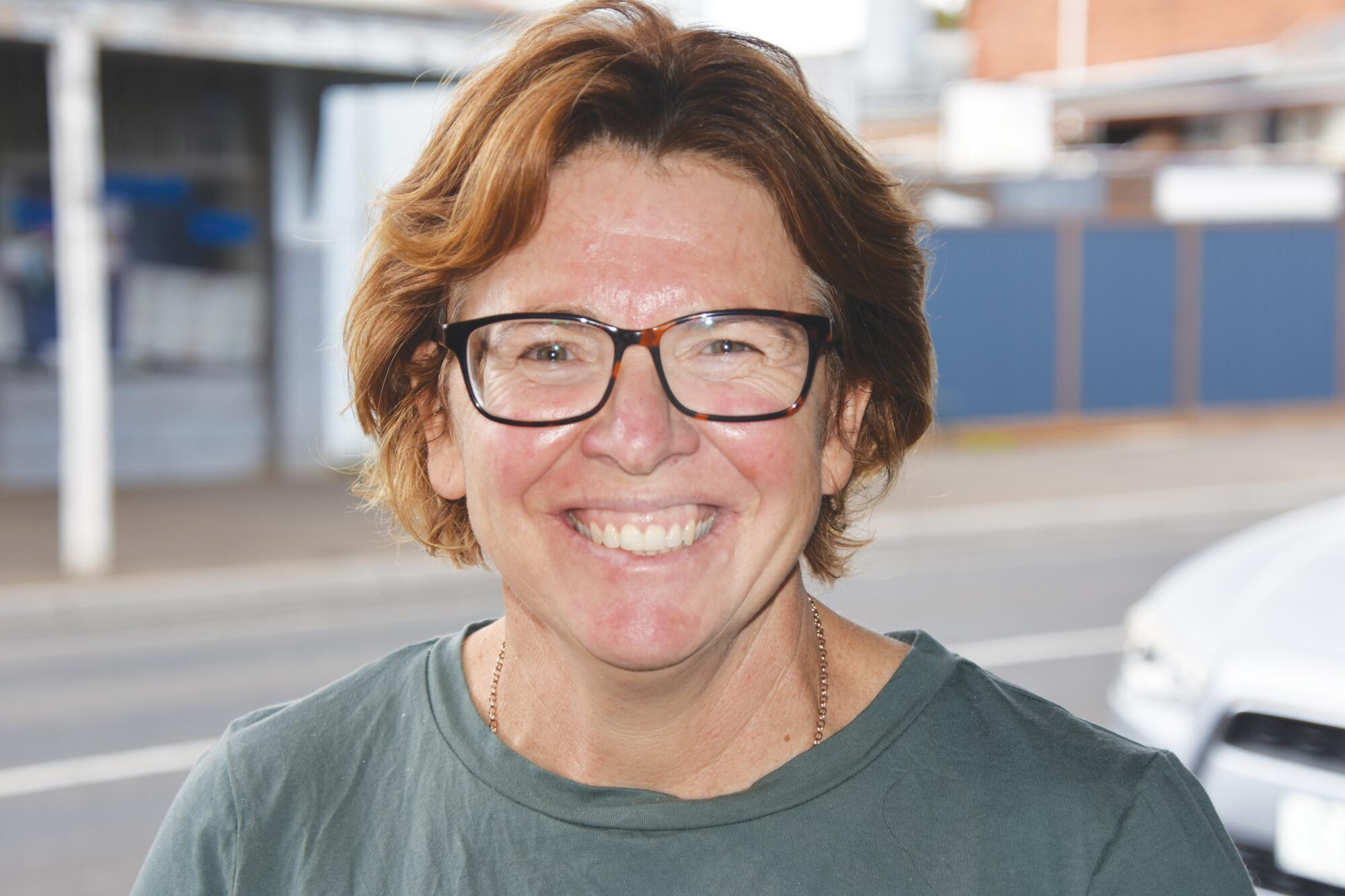Agriculture
17 March, 2025
Irrigation underpins community wealth
History will show Plibersek buybacks hurt for decades, writes Sophie Baldwin WHERE does Federal Water Minister Tanya Plibersek think the food to feed voters in her Sydney electorate is going to come from when she continues to decimate farmers and...

History will show Plibersek buybackshurt for decades, writes Sophie Baldwin
WHERE does Federal Water Minister Tanya Plibersek think the food to feed voters in her Sydney electorate is going to come from when she continues to decimate farmers and irrigation.
Does she think the fairies are going to ride their unicorns into the supermarket and put affordable Australian grown food on the shelves for consumers?
Over the last two years food imports in Australia have surged by $7 billion to hit $40 billion - dairy, cereals and livestock, particularly red meat, are key contributors to that increase.
And it will only get worse as more and more water is taken away from productive agriculture.
There is no denying irrigation underpins the wealth of our rural communities.
It supports jobs, business and industry, towns and services, and without we turn to dust just like the paddocks surrounding us.
The northern Victorian dairy industry makes up 85 per cent of the milk produced in the nation and through direct employment supports over 13,000 jobs- no irrigation means no dairy.
Think about that for a second.
Reports tell us irrigation generates between $4-$7 for every dollar spent in our community – it is a significant driver of the health and wealth of rural towns.
Over the last 12 months Plibersek has put out two buyback tenders totalling 170GL.
There is already 4600GL in government water accounts.
She will tell you only voluntary sellers are participating in these buybacks.
And that makes my blood boil. I would argue they are distressed sellers who can’t see a future with ever increasing input costs, especially around cost of water delivery and temporary water purchases.
A shrinking productive pool spreads the cost of delivery across fewer irrigators and the same goes for the water market- less water equals more competition and higher prices.
And just as an FYI, government does not contribute the same water delivery costs as an irrigator and environmental water is not measured and metered.
The basin plan has never been about environmental outcomes -it is purely political and we are the collateral damage.
Sure, back in the 1990s our rivers were over extracted and there needed to be a correction, irrigators acknowledged that and even returned allocation back to the river.
But now the pendulum has swung too far.
Changes in river management due to the basin plan are already devastating the mid-Murray through increased erosion, bank slumping and habitat loss, while some environmentally significant creeks have even dried out completely.
These outcomes will only worsen under more buybacks.
The MDBA recently acknowledged the basin plan target of 80,000ML day at the South Australian border is unachievable.
No surprises there when incorrect modelling, and an assumption when flooding, water would stay in bank and flow down river was used.
The adage water should just go to the highest user is fine if you are a corporate almond grower getting paid tens of thousands of dollars a hectare and sending your profits overseas.
That type of ideology leaves no space for our generational farming families who grow the basics like cereals, dairy and rice.
Over 82 per cent of the water recovered under the basin plan has come from the southern basin and it has changed the fabric of our country towns - once thriving but now increasingly home to empty shops and diminishing services. We have begged Plibersek to come and visit the region she is so intent on destroying, and yet her contempt is obvious as these requests continually fall on deaf ears.
We can only grow important staple commodities that drive our economy because we have access to irrigation - without it productivity slumps along with jobs, services and community while cost of living increases.
The tragedy is irrigation and generational farming families are part of the solution.
As custodians of the land, farmers of today are striving for a sustainable future and they are driven to continually improve their land and water ways.
They take pride in the water birds that feed off their paddocks or live on their reuse dams- not to mention revegetation areas or wetland regeneration.
Irrigation that used to wind its way across channel systems and across vast geographical areas is a refuge for wildlife, particularly in dry times and there is no acknowledgement of this anywhere in the Basin Plan.
History will show the restoring our rivers bill and consequent buybacks as the death knell for irrigated agriculture and in decades to come, Plibersek’s legacy will simply be one of dust and destruction.
Sophie Baldwin is chief executive officer, Southern Riverina Irrigators